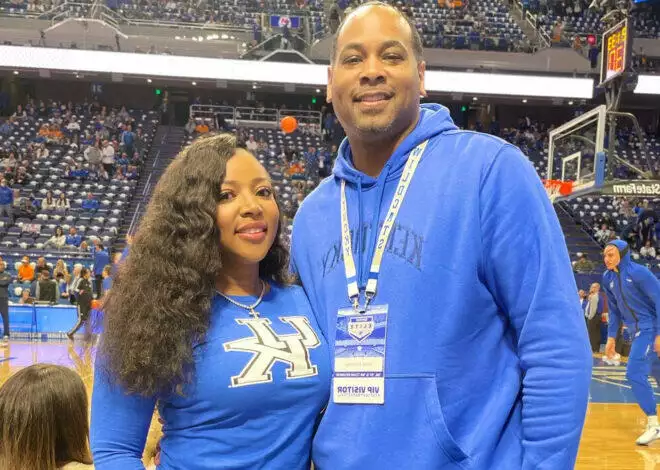Counseling for marriage can begin before the official marriage. Pre-marital counseling is often recommended for engaged couples to help them sort out any major differences prior to making a huge commitment. Problems and issues that arise during marriage often lead to the need for more counseling. This doesn’t mean that either partner is abnormal, just that they are two imperfect humans trying to learn how to deal with each other. Marriage problems inevitably affect the whole landscape of the family. It is common for couples with serious or long-term marriage problems to feel a need to include their children, as the tension between the marriage partners tends to create tension in all the family relationships. That is where marriage and family counseling comes in.
Focus
Marriage and family counseling will focus primarily on the two married people, no matter what the ages of the children involved. There may be children who are teenagers or adults, and while they play an important role in the life of the family, most familial issues begin between the husband and wife. Children get wrapped up in these tensions as they remain unresolved and spread outward, from the marriage partners to the next immediate family members. A wife’s resentment toward her husband may engender similar resentment from the children toward their father; or a man’s lack of respect for his wife may encourage his children to treat her poorly as well.
The Past
One of the initial steps in marriage and family counseling is getting a good view of the past, both for the family as it exists in the present and for the marriage partners, as they grew up from childhood through adolescence and into adulthood, and all the critical moments in their past. An adult’s relationship with her own parents–or lack thereof–can continue to have effects long into her own marriage. Traumatic events, family abuse, a lack of close family relationships or simply a need for affirmation from one’s parents can cause emotional holes that translate into repeated behaviors. A spouse who doesn’t understand the root cause of those behaviors may find it hard to be sympathetic, or may feel that he is being punished for the failures of others. Counselors use different techniques in order to identify issues that may arise from the past. A counselor may have a couple look through a family photo album together, write out childhood memories, sketch a family tree and talk about the different people in it, or simply share relevant events from the past.
Communication
The ability to communicate effectively is not something that we are born with, and the lack of it, from either partner in a marriage, will inevitably cause strife and tension. A counselor will have three goals for communication between husband and wife, or between parents and children. First, the counselor will listen carefully and often without comment to what is shared, generally taking notes or recording in order to remember details and time lines. Second, the counselor may use what she has learned from listening to track family patterns, emotional patterns and trends in the family. Third, a counselor will work with each member of the family to teach effective communication skills.
Action
Counseling is about identifying problems and then finding ways to solve them. Sometimes problems are solved simply by naming them and understanding the causes. Other times, however, specific actions are needed to build up habits that are different than the problems caused by old behavior. A marriage and family counselor may recommend that a husband and wife take a vacation together, or have a regular talk time or date night, in order to practice their communication skills and get to know each other in a different context. She may suggest that one parent have one-on-one time with an individual time, or that family members take breaks from one another, or that the family get involved in a new activity together. The suggested actions will relate to specific problems.
Format
A marriage and family counselor may provide different sessions for different members of the family. It is often wise for both husband and wife to have individual time to share their feelings privately with the counselor but without the spouse. This allows each spouse to be honest about hurts, needs and problems in the marriage without the fear of hurting their partner’s feelings. The same may be true for the children involved, no matter what their ages. Additionally, it is often helpful for the husband and wife to have meetings together with the counselor, but not always with the children present. There may also be a need for a session which involves the whole family, so that they can share their feelings and practice their communication skills while still in a safe environment with the counselor there to help them through the process.





